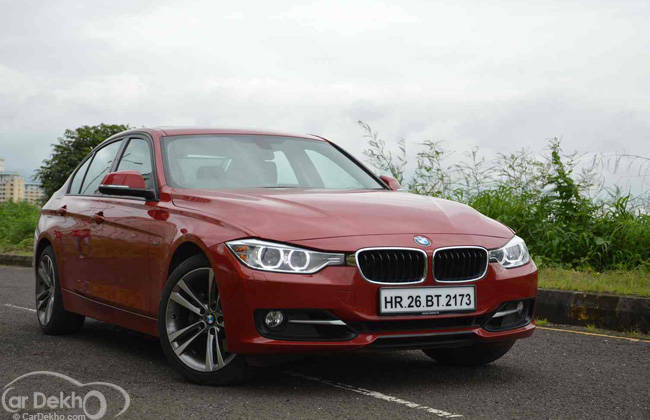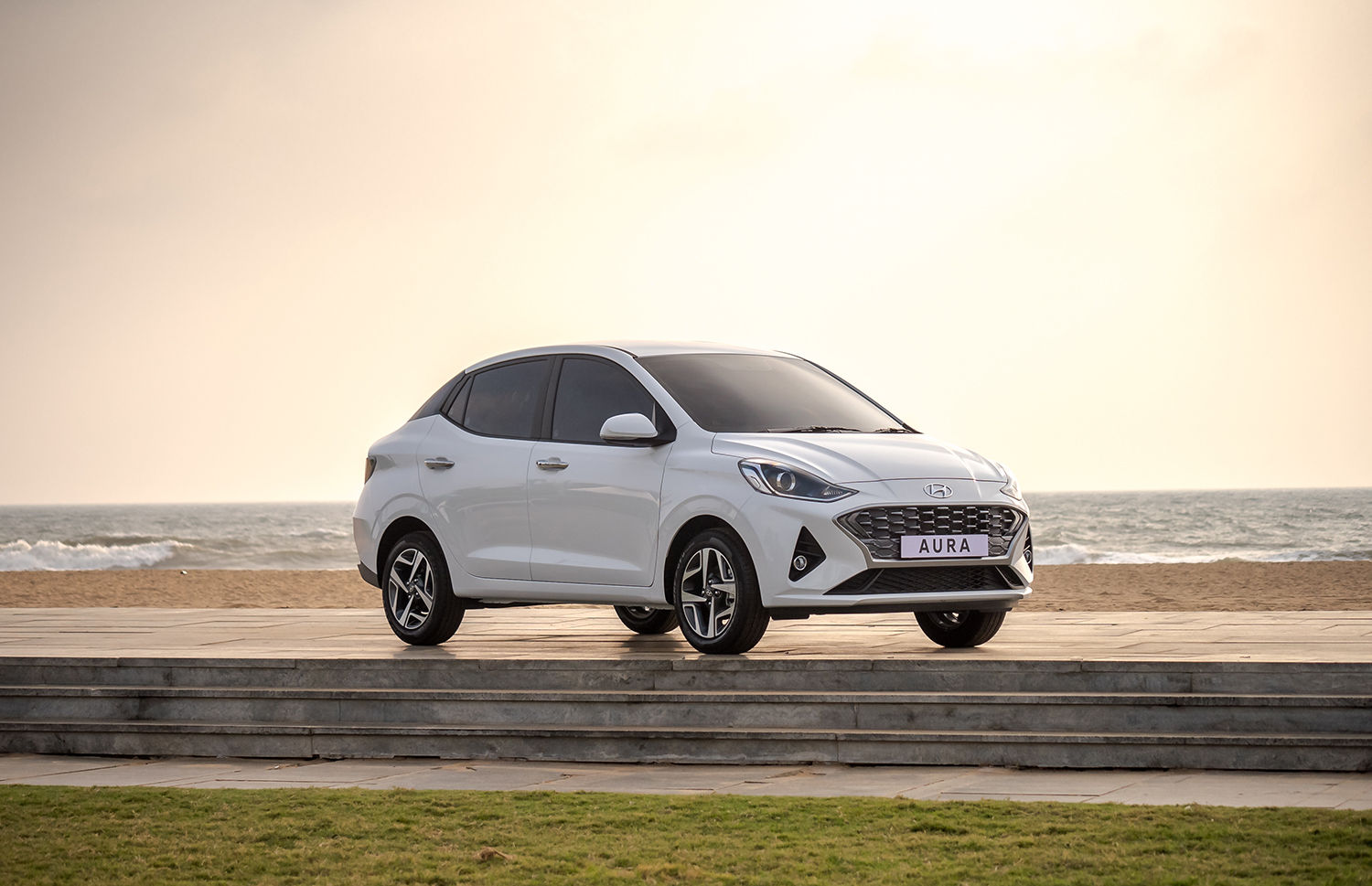Indian Govt. Planning to Make Luxury Cars Affordable
Published On Apr 20, 2013 11:41 AM By Rajpal
- Write a comment
There has been a lot of buzz around that Indian Govt. is thinking to slash the excise duty on the imported cars. The tale starts with European Union's demand of exemption on excise duty on the imported European cars. Later, the Indian Government decided to keep the current tax slab in effect. Oppositions from SIAM along with Japanese and South Korean brands might have influenced this decision. Now, Govt. of India decides is planning to slash customs duty on vehicles shipped from EU countries, and from certain Asian countries like Japan, South Korea, and from the countries with whom India has free trade agreements (FTAs).

As for the recent developments, Govt is planning to lower the customs duty to 30% on cars under the proposed trade and investment agreement with the EU, which is expected to get in effect by 2017. Japanese and Korean car makers are also expected to enjoy the same benefit. However, for them the new slab will get in effect by 2018 or 2019. Since no official announcement has been made on this issue, the decision is still awaited. At the moment, luxury cars i.e vehicle with a price tag over $40,000 (around Rs 22 lakh) face 100% customs levy, while cars under this range pay 60% import duty. Moreover, the Govt. is also planning to allow the import of at least 2.5 lakh cars at 10% duty between 2017 and 2021. in case the number of imported cars increase, the customs duty will rise to 30% levy.

If the custom duties are lowered, it will have effects on various other duties including local levies, countervailing duty, special additional duty and cesses and surcharges. Local levis would fall down nearly to 80% from 174% currently. For instance, if a car with a landed price of around Rs 25 lakh costs Rs 69 lakh at present, will then come at Rs 45 lakh — with a reduction of almost 35%, provided local levies stay at current levels. The trade gurus point out the fact that though the duty concessions would be available to all cars, only luxury cars will be imported, lower budget cars are planned to be manufactured within the nation.

The common duty structure might not help the Korean and Japanese carmakers as much as it does to the Europeans. The European carmakers like Audi, BMW, Mercedes-Benz belong to the luxury car segment, and therefore, will enjoy the salch on customs duty. Honda, which was importing the CR-V as a CBU from Japan, have now started assembling it locally. Pavan Shetty, Head of Lamborghini India, said that the duty reduction will give a big boost to the demand for luxury cars. "It will surely expand the market, by at least double. By 2017, the per capita income as well as the domestic economy will expand from the current levels, and the infrastructure will also be better. The timing of the duty reduction will thus be perfect to give a fillip to sales," he said.
Source: ET
Read More on : BMW 3 Series detailed review















